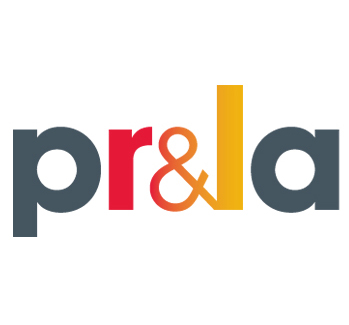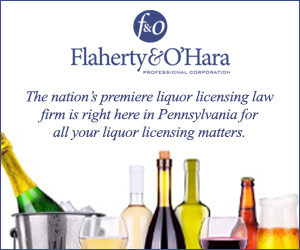Republican Majorities
This two-year session had the largest Republicans majorities in recent history, which led to a split in the Republican caucus between the more moderate Republicans and the “tea party” conservatives. With a Democratic governor, it felt like the parties, even within the parties, could not get much of anything done.
Legislative Downfalls
Despite increased pressure, the legislature was unable to pass legislation reducing its size (currently the second largest and second highest paid legislature in the country) and was unable to pass legislation pertaining to redistricting reform.
Defeat of 5 Percent Hotel Tax Increase
In 2017, in an effort to balance the budget, the legislature attempted to assess an additional five percent tax on all hotel accommodations in the state. Thanks to the efforts and engagement of PRLA members, we were able to overwhelmingly defeat the proposal—which led to even more additional wins over the rest of session.
Closing the Online Travel Company Loophole
After many years of advocacy, HB 1511 (Marguerite Quinn—R, Bucks), now known as Act 109, was passed by the House and Senate and signed by the Governor. The legislation requires online travel companies to remit state and local occupancy tax on the retail rate of the hotel room and….
Tourism is Funded
…the funds generated by the closing of the loophole, estimated to be over $23 million, will be dedicated to statewide tourism promotion. The legislation takes effect January 22, 2019.
Business Mandate Preemption
Paid leave preemption was moved out of the Senate Local Government Committee within the first few months of session, and broad business preemption was moved out of the House Labor Committee during the last few days of session. Unfortunately, both were guaranteed a gubernatorial veto and never made it to final passage.
State Department of Labor Overtime Proposal
Upon the federal overtime proposal being struck down, we saw Gov. Wolf and the state Department of Labor introduce their own proposed overtime regulation which would increase the salary threshold to $47,892 by 2022. PRLA and many of our members voiced strong opposition to an increase of over 100 percent and the Department has been advised to take another look at its proposal and resubmit it. We expect this to continue into 2019.
Online Home Sharing
HB 1810 (Heffley—R, Carbon), was passed overwhelmingly in the House this session and is slated to be reintroduced in 2019. The legislation requires online home sharing sites to register with the state Department of Revenue, share their listing information for tax compliance and then allows the Department to share that information with the counties for local compliance.
Minimum Wage/Tipped Wage
While each legislative session seems to have even more bills that increase the minimum wage and effectively eliminate the tipped wage, none were considered by the legislature.
Local Politics
Pittsburgh—mandated paid leave
The past two years have been a continuation of our lawsuit with the City of Pittsburgh—which we claim was in violation of its Home Rule Charter when it passed a law mandating paid sick leave on all businesses. 2017 saw the Commonwealth Court overwhelmingly uphold the lower court’s decision that the law should be struck down, and in 2018, after Pittsburgh once again appealed, the state Supreme Court heard oral arguments on the issue. We expect a final ruling in 2019.
Philadelphia—beverage tax
2017 saw the beginning of the implementation of the 1.5 cent/ounce beverage tax in Philadelphia. PRLA was part of a broad coalition that worked to get the tax struck down in the Court system or pass legislation that would preempt the City from having the tax. Unfortunately, the Supreme Court ruled to support the tax and the efforts at preemption failed and will be tried again in 2019.
Philadelphia—predictive scheduling
Philadelphia City Council passed legislation that mandates businesses with 30 or more locations and 250 employees worldwide to provide schedules up to two weeks in advance, guarantee a certain number of hours per week, and offer available hours to current employees before new employees can be hired. PRLA led a broad coalition of businesses that advocated for significant changes to the bill that would ensure a win for employees while still encouraging business growth in the City. While we did get some concessions on the bill, this issue will stretch into 2019, as the regulatory process will provide further guidance before the effective date in 2020.
Philadelphia—sodium warning label
Philadelphia passed legislation that requires chain restaurants with 15 or more locations to put a sodium warning label next to menu items that exceed 2,300 mg of sodium. PRLA was successful in making significant changes to the bill to make it align with other cities to ensure easier compliance. The legislation will take effect September 13, 2019.
Allegheny County—pool regulations
PRLA and our local partner, the Greater Pittsburgh Hotel Association (GPHA), participated in efforts to update the county pool regulations and ensure that the lifeguard exemption for hotels remained in place.











